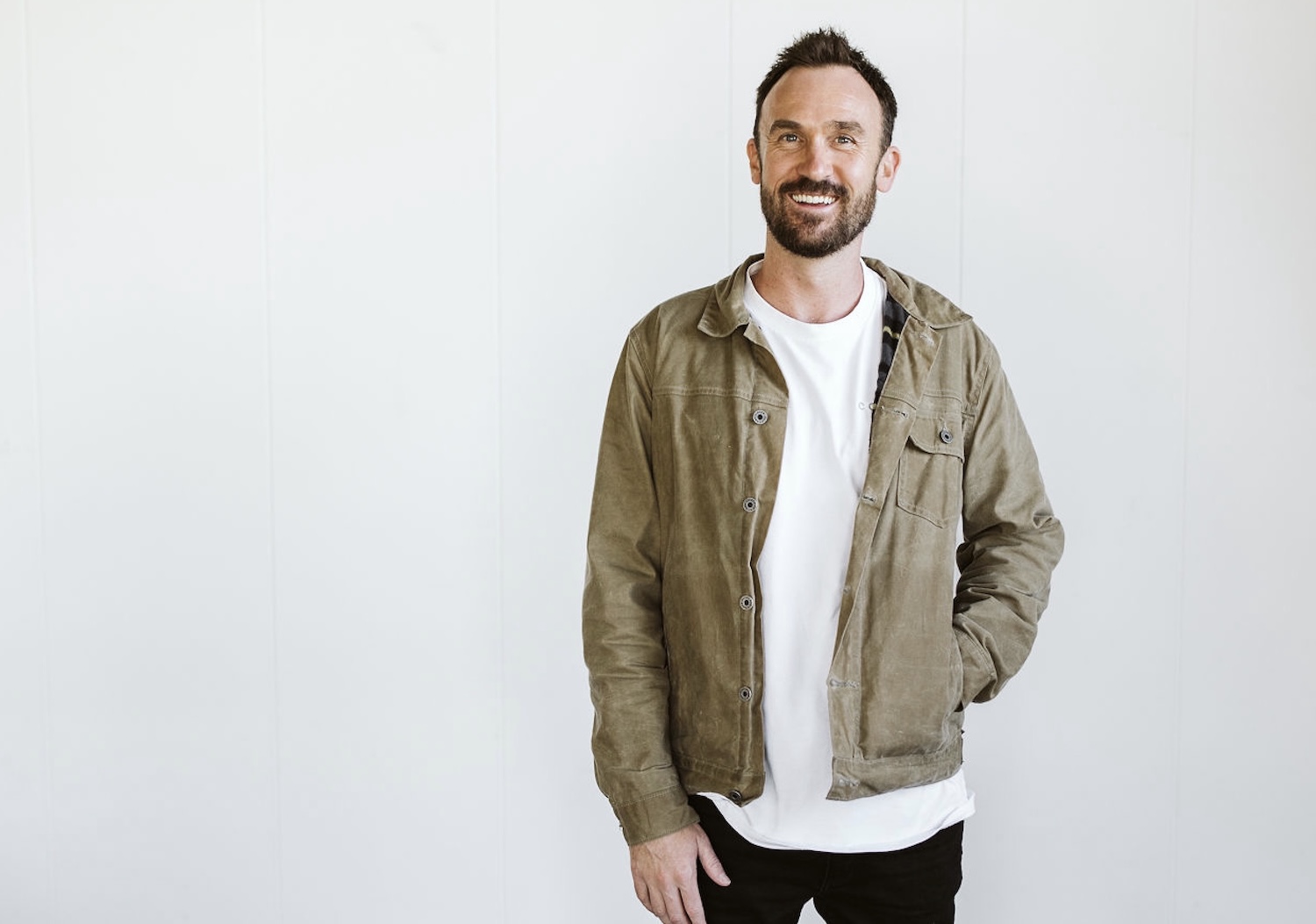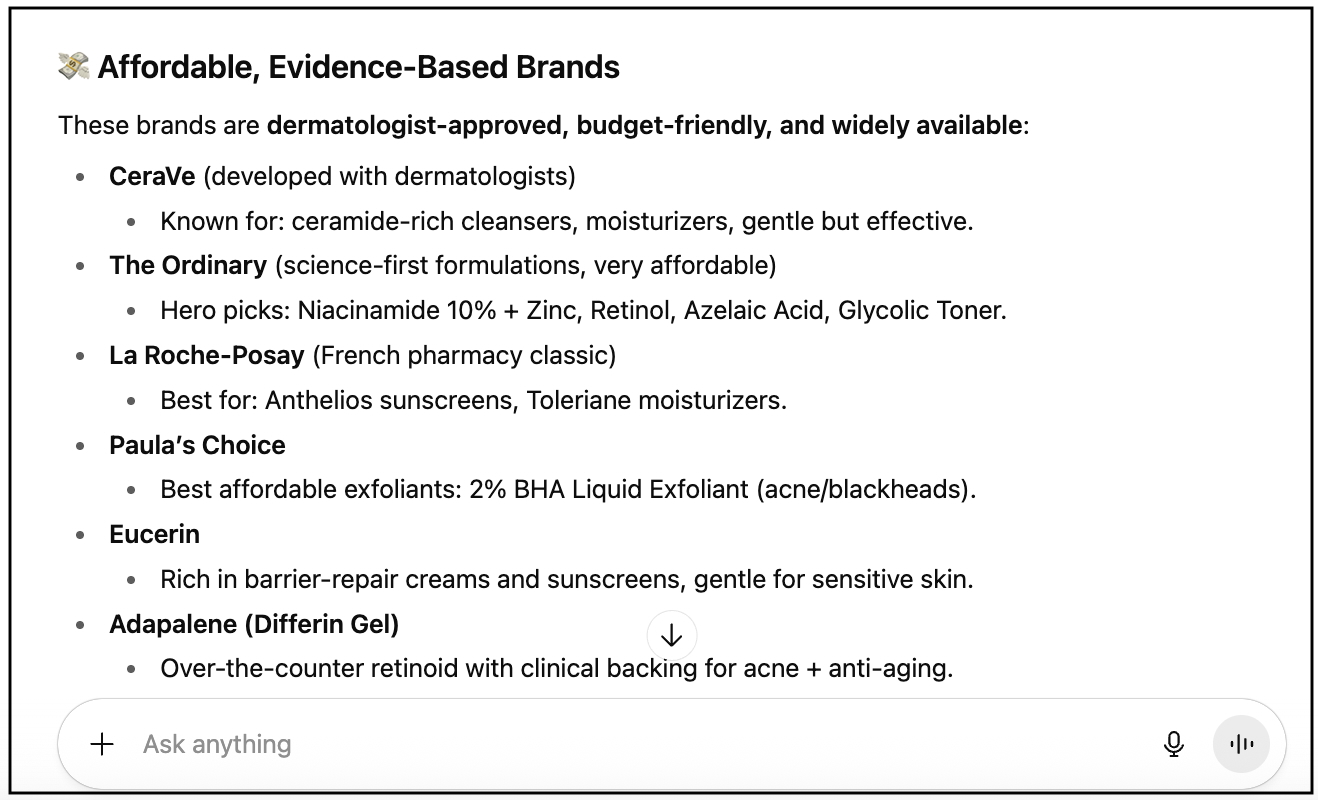Luke Dean-Weymark: PR’s Big Moment in the Age of AI Search

By Luke Dean-Weymark, Co-Founder and Co-Director, Compass Studio
PR budgets may have tightened, but the potential for impact has never been louder. In an AI-first world, it’s not just about good press anymore — it’s about fuelling the stories that AI engines trust, audiences believe, and brands can’t afford to ignore.
Over the past couple of years, brand spend on PR has been running lean. Too often, PR budgets have been trimmed down in favour of paid channels with more immediate metrics attached. But something is shifting — and fast. Thanks to the rise of AI-driven search, PR is stepping back into the spotlight as one of the most powerful levers for brand visibility, trust, and long-term growth.
From “Nice to Have” to Business Critical
Traditionally, PR has sometimes been seen as a little vague when it came to ROI. Great coverage felt exciting, but it was harder to prove how it moved the needle compared to digital ads or performance marketing. As a result, PR was often the first budget cut in lean times.
But AI search has turned that narrative on its head. Generative engines (like ChatGPT, Google’s Search Generative Experience, and Perplexity) don’t serve you ads first — they surface trusted, credible sources. That means the stories told about your brand in respected outlets, industry publications, and trusted media are now feeding directly into how your brand shows up in AI-powered results.
Real-World Proof
We’re already seeing the effects. When people ask AI tools for affordable, science-backed skincare, The Ordinary consistently shows up. Why? Because their earned coverage across outlets like Byrdie and Refinery29 has built a steady drumbeat of authority. The result: AI engines “trust” them and put them forward as a recommended brand.

When a popular AI chatbot is asked to recommend ‘Affordable, science-based skincare’, it delivers a recommended list. How can brands get onto these lists?

How gen AI models develop recommendations- pulling from external media, news, and consumer publications as respected knowledge centres.
It’s the same story in the automotive industry. Polestar — a challenger EV brand — is showing up strongly in AI search because of smart PR and editorial presence. Their narrative around innovation, design, and sustainability is consistently told in respected global outlets, meaning they get surfaced when people ask AI for the best EV options.
And in hospitality, the power of editorial really shines. Hotels that receive consistent write-ups in Condé Nast Traveller or Vogue are showing up more frequently when AI engines are asked for “best boutique hotels in Europe” or “sustainable places to stay.” That visibility doesn’t come from ads — it comes from storytelling.
The Bottom Line
PR has always been about authentic storytelling. AI is finally rewarding that strength by prioritising credibility and editorial trust over traditional ad spend.
For brands that have been running lean on PR, now is the time to reinvest and rethink.
Because in the age of AI search, your earned media isn’t just good coverage — it’s the difference between showing up and being invisible.
